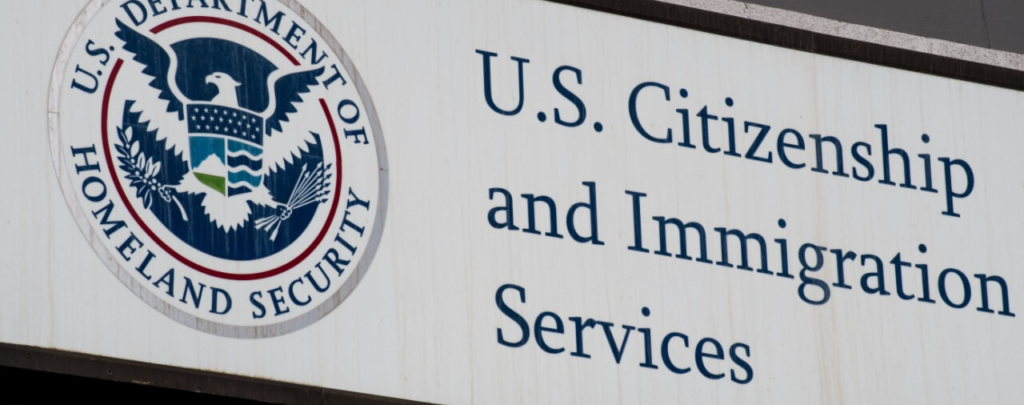When called for a USCIS interview, an applicant should make sure to bring a duly qualified Attorney. Such legal representative will ensure that the interview will be conducted in a professional and business-like manner, and that the rights of the client are protected.
According to the Policy Memorandum, published on December 21, 2011, by the Office of the Director of the USCIS [PDF version] and the subsequent Policy Memorandum dated May 23, 2012 [PDF version], which amended relevant provisions of the USCIS Adjudicator’s Field Manual, aka Policy Manual [PDF version], the applicants are entitled to the right to have legal representation before the Service, at no expense to the Government, as defined in 8 CFR 292.1(a) [PDF version]. This Policy Memorandum provides certain conduct guidelines for the USCIS officers. It also delineates the appropriate role of the Attorneys.
Should there be a need to adjourn or reschedule the interview; your Attorney will be able to secure such an adjournment in a proper and efficient manner. The Policy Memorandum sets out specific rules and guidelines for such eventualities.
Although an Attorney will not be allowed to answer questions posed to either petitioner or the beneficiary, he or she will be allowed to clarify these questions, to make sure they were posed in a clear and direct manner and without the use of any professional jargon. An Attorney will also make certain that the interview will be conducted in a polite and un-adversarial manner. An Attorney will be allowed to sit next to his or her client, and to make sure that all documents prepared will make it into the official record and will be afforded the appropriate weight. Should any information unfavorable to the client be presented either by the USCIS officer or by the client, the Attorney will be able to address and resolve this issue by alleviating any negative consequences that may otherwise follow. Your Attorney will remind the USCIS officer that they are duty-bound to consider all relevant information, both favorable and unfavorable. Your Attorney can also ask questions of you or any witness at the end of the interview, which questions could assist in addressing the issues raised during the interview, which the Attorney determined had not been adequately addressed. Such questions could be very important and often might contribute to the positive outcome of the case because they allow for a more detailed description of the facts relevant to the adjudication of the matter. Specially so when the officer might have missed entirely and not adequately explored those during his or her questioning.
It is important for every applicant and beneficiary to know that an Attorney will not be allowed to interpret for either of them during a USCIS interview, as that would create a certain conflict of interest, and would not be ethically permissible.
Your Attorney will also see to it that the interview would be appropriately thorough and cover all pertinent points which will avoid the potential necessity of an additional interview or a delayed decision with a Request For Additional Information. In the rare case of an improperly conducted interview, your Attorney will proceed to file suitable complaints with the USCIS, the DHS Office of the Inspector General or the USCIS Office of Civil Rights and Civil Liberties.
In sum, an Attorney’s participation at your USCIS interview may prove invaluable, especially if your case is complicated by past criminal issues or other problems, or if you are forced to deal with a difficult USCIS officer.





